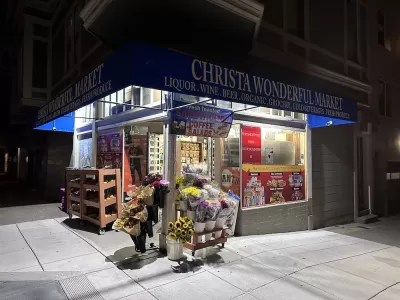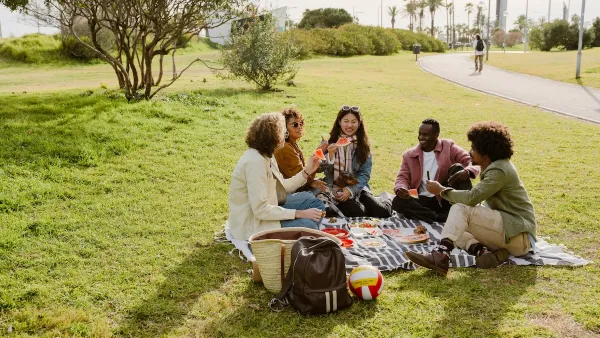In a summary of a recent talk, Chuck Wolfe provides five tools to help reimagine post-pandemic urban spaces with a focus on livability and co-creation.

Wolfe suggests strategies sensitive to local context and character based on his writing about cities. He envisions a post-pandemic world where cities are premised on a deep understanding of human needs and compassionate city planning. He stresses the importance of co-creation and community involvement.
Ideas such as Place Healing, the Role of Photography, the Urban Diary, Urbanism Without Effort, and The Replacement Question stand behind this range of local actions and can foster teamwork, imagination, and receptivity to fresh, post-pandemic perspectives.
The practical application of these concepts faces the challenges of systemic inequality and environmental sustainability. Their effectiveness will depend on the active participation of diverse stakeholders, including government, businesses, and residents, in creating cities that are not only functional but also reflective of their inhabitants' collective input and aspirations.
FULL STORY: Envisioning the Post-Pandemic City and Town

Planetizen Federal Action Tracker
A weekly monitor of how Trump’s orders and actions are impacting planners and planning in America.

Maui's Vacation Rental Debate Turns Ugly
Verbal attacks, misinformation campaigns and fistfights plague a high-stakes debate to convert thousands of vacation rentals into long-term housing.

Restaurant Patios Were a Pandemic Win — Why Were They so Hard to Keep?
Social distancing requirements and changes in travel patterns prompted cities to pilot new uses for street and sidewalk space. Then it got complicated.

In California Battle of Housing vs. Environment, Housing Just Won
A new state law significantly limits the power of CEQA, an environmental review law that served as a powerful tool for blocking new development.

Boulder Eliminates Parking Minimums Citywide
Officials estimate the cost of building a single underground parking space at up to $100,000.

Orange County, Florida Adopts Largest US “Sprawl Repair” Code
The ‘Orange Code’ seeks to rectify decades of sprawl-inducing, car-oriented development.
Urban Design for Planners 1: Software Tools
This six-course series explores essential urban design concepts using open source software and equips planners with the tools they need to participate fully in the urban design process.
Planning for Universal Design
Learn the tools for implementing Universal Design in planning regulations.
Heyer Gruel & Associates PA
JM Goldson LLC
Custer County Colorado
City of Camden Redevelopment Agency
City of Astoria
Transportation Research & Education Center (TREC) at Portland State University
Jefferson Parish Government
Camden Redevelopment Agency
City of Claremont





























